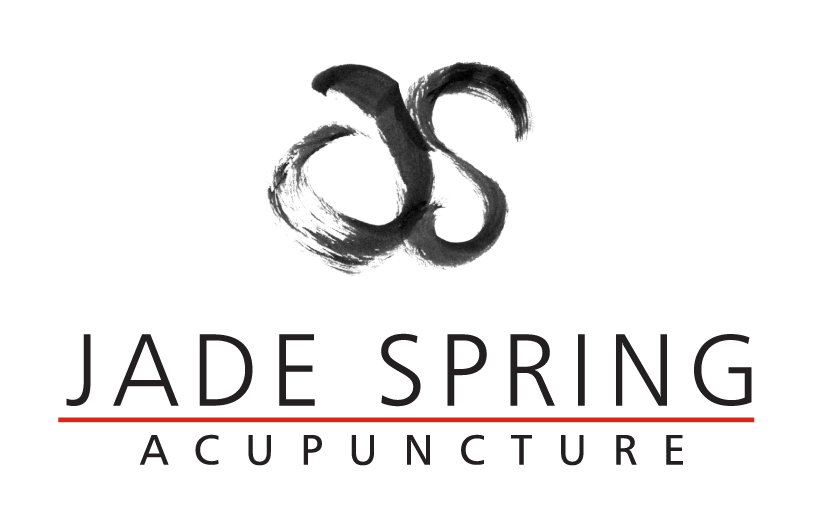The damage of stress to our health & how to protect against it
Many of us live under constant, unremitting stress. Whether the source of stress is a job, family dynamics, difficult relationships or our internal thought patterns and beliefs, being under chronic stress is detrimental to our health. Here is a snap shot of why that is:
Stress activates the sympathetic nervous system which prepares the body for ‘fight or flight’ situations. Circulation is diverted away from our digestive organs in favor of supporting our muscles, lungs and heart. Under chronic stress it is much harder to digest because less blood flow is going to our digestive organs, and so we end up feeling bloated and uncomfortable.
Stress triggers cortisol production and high levels of cortisol have been linked to the erosion of our digestive lining. As a result, we can’t absorb nutrients from our food as easily and this in turn contributes to lower energy levels and depressed immunity.
Stress leads to a decrease in the production of hydrochloric acid which activates pepsin, the enzyme that initiates protein digestion. Again, the result is feeling bloated and heavy, because food isn’t broken down properly.
Stress elevates C-reactive protein, a mediator of chronic inflammation. If you’ve read some of my previous blog posts, you may remember that chronic low-grade inflammation is very damaging to our body and very often contributes to long-term chronic and degenerative diseases.
Stress triggers the production of aldosterone and causes our kidneys to hold onto sodium. As a result, we retain water and electrolytes and our blood pressure goes up.
All these physiological responses were quite appropriate at one stage of our development when our survival was dependent on being able to run away (or possibly fight) against wild predators. However, our modern lives have evolved, and our sources of stress are remarkably different. While our brain still signals DANGER when our boss yells at us, and all our physiological responses are activated by that signal, we no longer have the same physical outlet. Instead of running away, we stay seated at our desk, our heart pounding, abdomen tensing and hands sweating as we try to solve the problem our boss is upset about.
What’s more, we usually don’t take the time after periods of stress to stop and rest so that our sympathetic nervous system can be re-set. Instead, the stress keeps coming from many different directions and we stay stuck in ‘stress mode’.
To protect our health, it is essential that we learn the tools that allow us de-stress and restore. We have to find ways to bring our body back into parasympathetic nervous system dominance after stressful times so that repair, digestion, and balance can occur. Beyond getting a good night’s sleep, we need to find activities that we perceive as restorative, things that help us really unwind, things that ‘feel good to the soul’. For some this may be yoga, for others hiking, or walking, for some journaling or painting. Whatever form the activity takes, when we engage in this kind of ‘meaningful resting’ we are investing in our health, and consciously protecting our body from disease.
One way of helping the body get back into parasympathetic mode is with acupuncture. I always say that one of the ‘side effects’ of acupuncture is relaxation. It is a great tool to decrease the negative effects of stress on the body and restore balance and peace of mind after stress.



